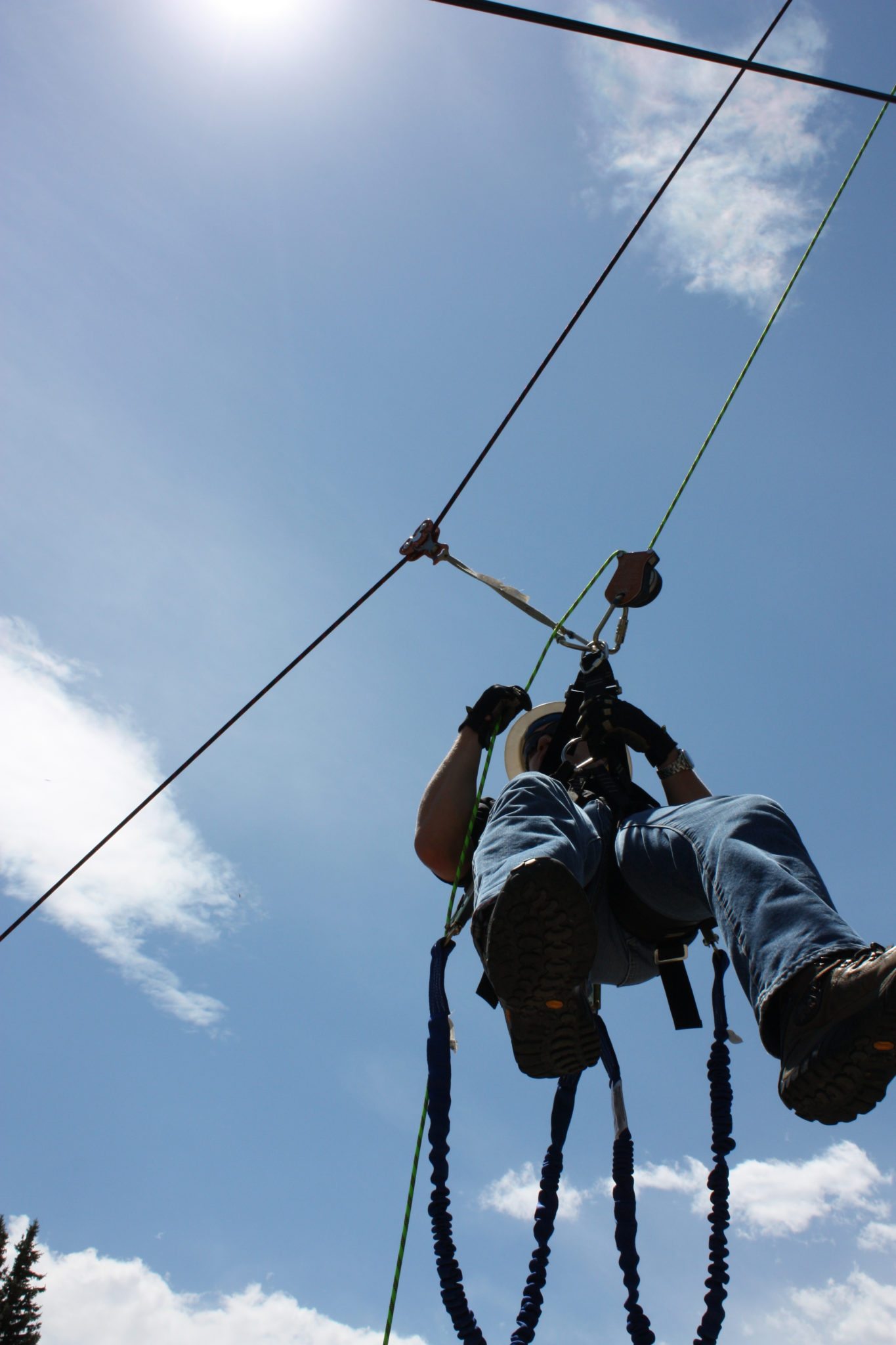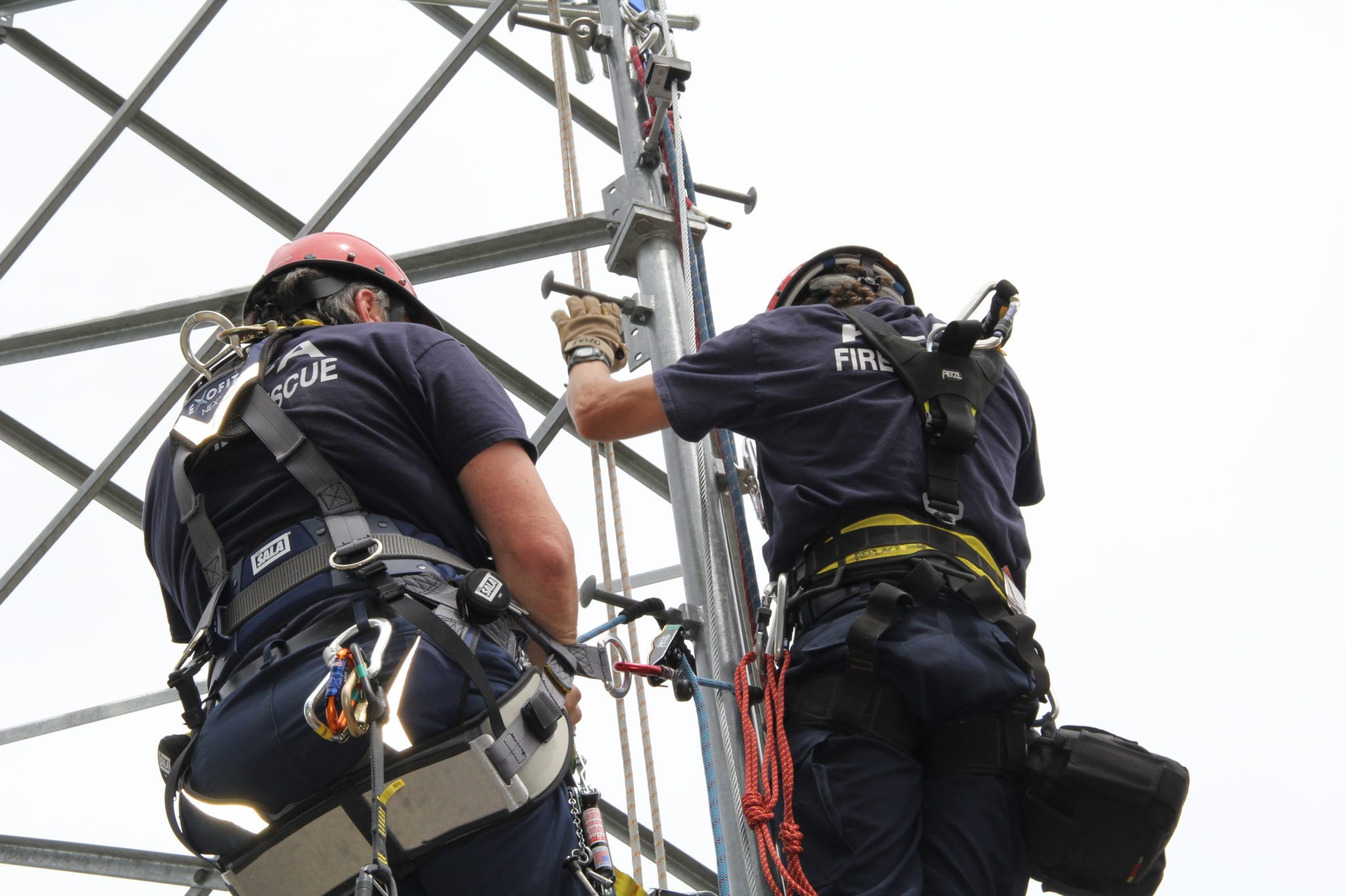
Fleming recently retired after 37 years as a fire captain, and has been involved with the fire/rescue service in Fort Collins since 1977. In 1999, Fleming started working in the telecommunications tower climbing industry, developing and managing an antenna tower training division. Working up to the level of senior instructor, he acquired a training facility in Fort Collins in 2012, devoting even more time and focus to Technical Rescue Systems.
TRS is involved in the standard writing process for safety standards in the United States, writing reviewing and auditing several industry programs, guidelines and procedures. The company is directly involved with safety standards at the federal and local levels.

“Being in the fire service as long as I have, I have seen, and am able to relate to how valuable learning rescue skills are when asked and tasked to rescue a fellow co-worker and friend,” he said. “All of our instructors are firefighters; all of our people have the experience of being in that position of rescue.”
The team works on towers both domestically and abroad, covering a dynamic spectrum of events including leaded paint removal challenges, rigging, descent and rescue plans specific to broadcast towers and assisting climbers in hypothermic or post-fall conditions.
“We had the privilege and honor to present at several NATE conferences over the years, recently on ‘The Worst Case Scenario’ and how to treat a climber if they are ill or injured at height,” Fleming said. “In all of our training we talk about the first six words that are typically mentioned: “This wasn’t supposed to happen.” Our training is designed to help climbers/rescuers respond to that with educated decisions.

For more information, visit http://technicalrescuesystems.net/.
By Alyssa Stahr



Reader Interactions